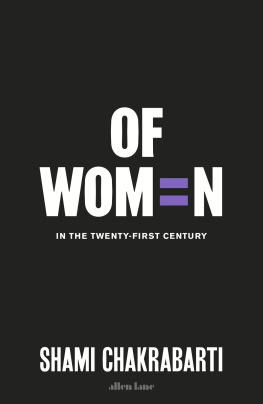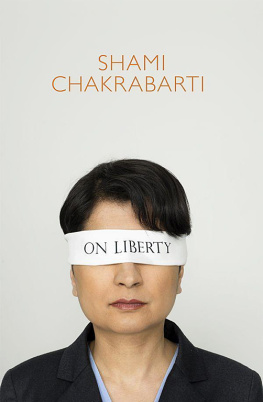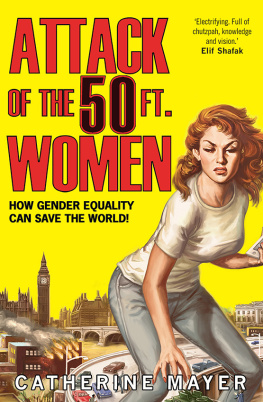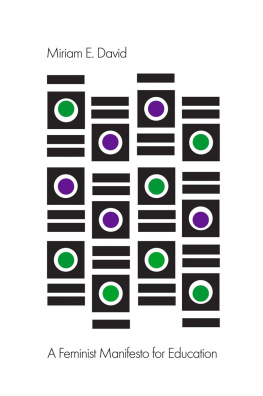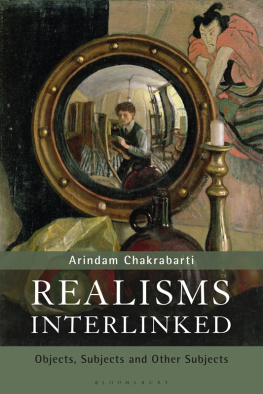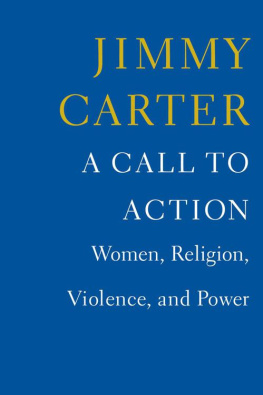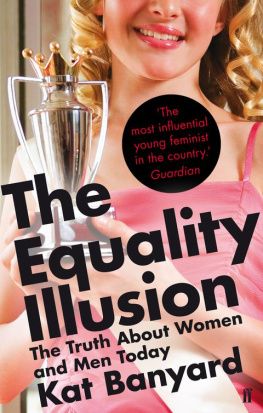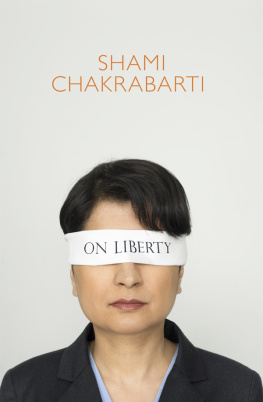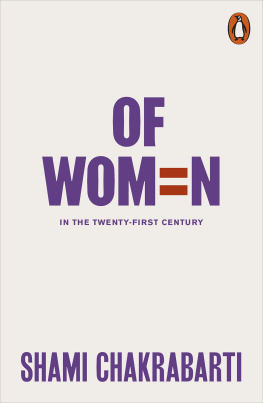Introduction
It is autumn again. That shouldnt matter and yet somehow it does. We are sophisticated creatures in so many ways, but retain something of the primitive respect for days and years like picture frames or book ends that help us cope with memories, space and time. So the turn of another season inevitably encourages reflection and stock-taking. For some this exercise can be an extremely close and practical one. How tall are the children? How big is the debt? Can we afford the rent; the mortgage? Does the room need a clear-out; the hedge cutting back? And yet the seismic events of recent times would challenge the focus of even the most inward-looking soul. For this is an extraordinary moment. All over the world post-millennial crises in security, the economy and climate have created an appetite for radicalism of different kinds. This brings both enormous challenges and opportunities for progressive values. Will we descend into further nationalism, racism and perennial war? Or will we return instead to hope in international responses to shared global problems? Will rising tides of anger at the ever greater inequality delivered by political elites since the 1980s result in success for popular movements of the left or right? In particular, will the recent resurgence of interest in the womens cause become part of a wider struggle for social justice or fragment into a niche or single issue and be left behind?
The 2017 elections in the Netherlands, France and the UK provide some significant reason for hope. All three ballots saw an ultimate rejection of the hard-right xenophobia of the PVV, Front National and UKIP. The British Labour Party led by Jeremy Corbyn confounded the cynicism of its critics and forced an over-confident right-wing Conservative leadership into minority government. It took womens representation in the House of Commons to its highest-ever proportion, if still only 32 per cent. It delivered a 50 per cent female Shadow Cabinet with Emily Thornberry, Diane Abbott, Nia Griffiths and Rebecca Long-Bailey holding the traditionally male bastion briefs of Foreign and Home Affairs, Defence and Business. Just as important was the positive nature of both the substance and tone of the Labour campaign against austerity and inequality, standing in sharp contrast with the smears, character attacks and dog whistles from the right. However, the hung parliament outcome of the election left the Conservatives limping on in office, if not quite in power, propped up this time by the Northern Irish Democratic Unionist Party, with its reactionary position on womens reproductive rights in particular. The new spotlight on socially conservative forces in UK politics serves as a reminder that no creed or country has a monopoly of virtue as far as the place of women is concerned.
Imagine a Martian falls to earth tonight. Lets say Martians are sexless and completely unaccustomed to sexual or gender-based difference on their own planet. Our alien friend could arrive absolutely anywhere in our world, on any continent, in a rich, poor, urban or rural environment. What difference, discrimination or oppression would they notice everywhere and most of all? Surely they could not fail to observe that roughly half the race is overtly diminished in a way that diminishes the other half in a manner that is perhaps more subtle but nonetheless real. Look at the suicide rates of young men in particular. Look at them all over the world in and out of war, crime and incarceration. Look at your kind, clever and gentle sons, brothers, husbands and lovers, and the pressures that can make them become the closed and invulnerable bullies who first bullied them. Wasted potential. Lost happiness. Wasted life.
I dont want to call the glass half empty but the pace of its filling is certainly too slow. Twenty years ago I thought we were in inevitable positive transition. Fresh from the comfort and confidence of a completely free and relatively egalitarian state higher education, I had all the time in the world and thought I would not need it. Now I am not so sure. At least in the short term. I had so much faith in my generation of similarly educated young men and women who shared classes, books and dreams but grew up to betray each other and themselves, with crunched credit, illegal wars and a more unequal world of our own making. What would a Pankhurst or de Beauvoir make of my generation of feminists? No doubt there would be some cause for celebration but the festivities would surely be muted. Women vote, fight and own property and power in many parts of the world but, whether by hook or by crook, an unbowed misogynist took the keys to the White House from a woman who once seemed a near inevitable first female leader of the free world. And in so many places women learn, earn, influence and govern less and suffer more, whether from the petty but dehumanizing indignities of casual objectification and discrimination, or from the emotional and physical violence that dulls and even snuffs out so many of their lives too soon.
Gender injustice may be the greatest human rights abuse on the planet. It blights first and developing worlds; rich and poor women in the context of health, wealth, education, representation, opportunity and security everywhere. It is no exaggeration to describe it as an apartheid, but not limited to one country or historical period. For this ancient and continuing wrong is millennial in duration and global in reach. Only radical solutions can even scratch its surface. However, the prize is a great one because of the enormous collateral benefits to peace, prosperity, sustainability and general human happiness. All this because we are all interconnected and all men are Of Women too.
Shami Chakrabarti
OF WOMEN
ALLEN LANE
UK | USA | Canada | Ireland | Australia
India | New Zealand | South Africa
Allen Lane is part of the Penguin Random House group of companies whose addresses can be found at global.penguinrandomhouse.com
First published 2017
Copyright Shami Chakrabarti, 2017
Extracts from articles by Pharie Sefali (GroundUp, 6 November 2014) and Anthony Loyd (The Times, 8 May 2017) are reproduced by permission.
The moral right of the author has been asserted
Cover Design: Matthew Young
ISBN: 978-0-241-29635-6
For you my darling,
In memory of my mother,
And for the sons and daughters of women everywhere.
1. Prayer Before Birth
If you had your time again and had your choice, which sex would you choose? Dont dismiss the question out of hand or deal with it summarily out of loyalty to your now determined and experienced sex. Play along with the thought experiment. Try to be honest. Which would you choose? What criteria would affect your decision? Would your feelings alter depending upon the information at your disposal about where you would be born and in what kind of circumstances? Let me put the question another way. What if you are to have a child? Just one. You want that human being to have the best life chances and actual life possible. You know that so much is uncertain in this world in flux. You want them to have the best possible prospects of being safe, secure, healthy, wealthy and even happy and fulfilled. If you could, which sex would you gift to this precious only child? Would it depend on your class, continent, cultural background or preference for the company and camaraderie of your own sex or the other? Are you influenced by your relationship with either of your own parents? What do you find most affects your choice?

